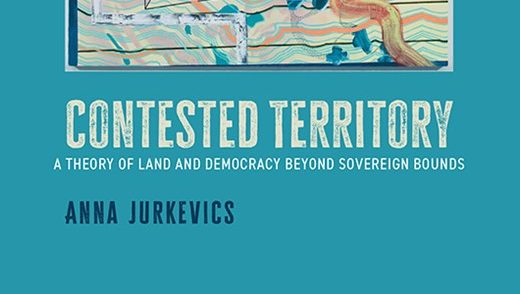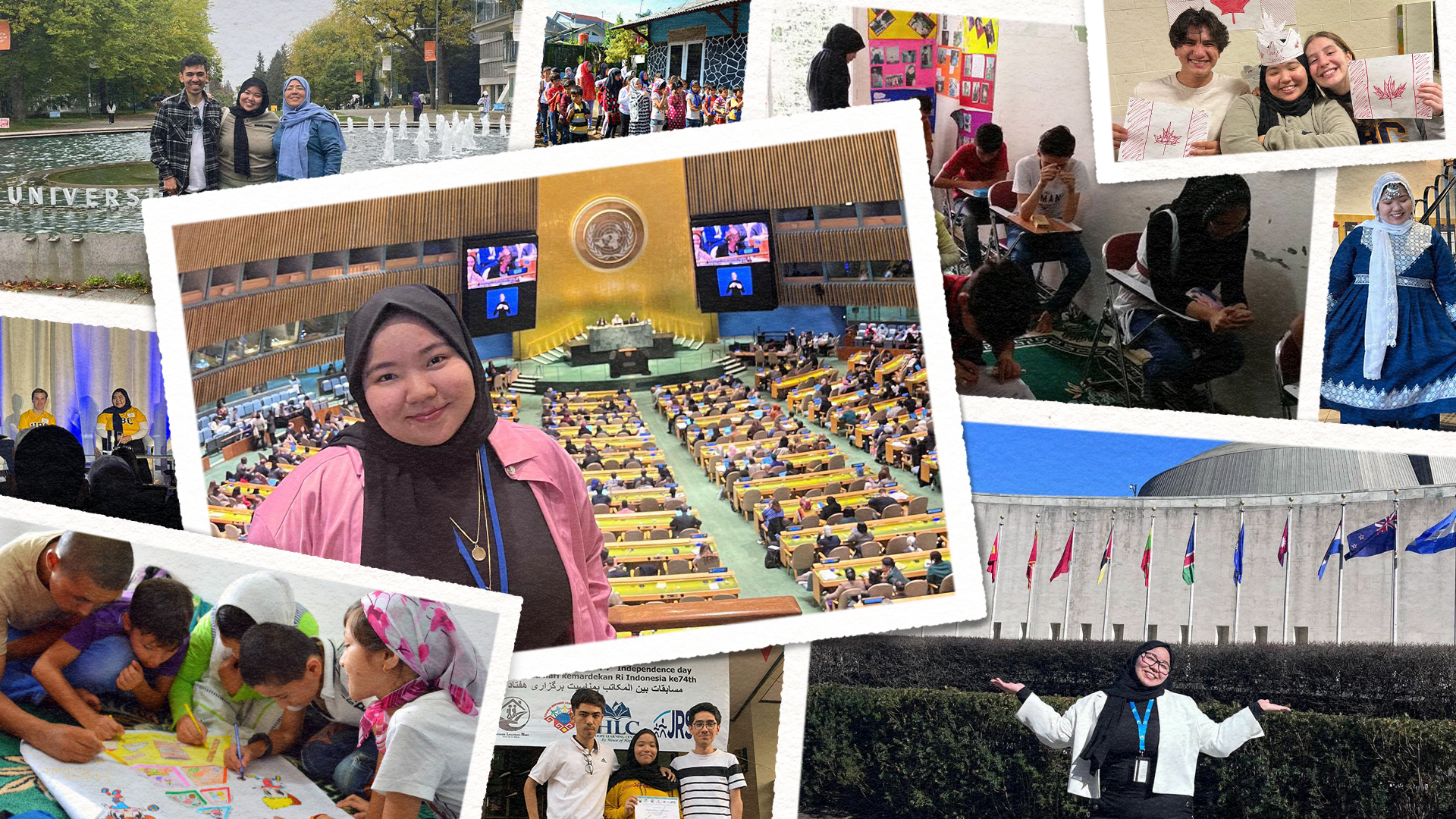

Congratulations to UBC Political Science PhD alumna Sule Yaylaci, who won a Banting Postdoctoral Fellowship at the Identity and Conflict Lab in the University of Pennsylvania.
Yaylaci received her PhD in Political Science from the University of British Columbia, MSc in Public Policy from the London School of Economics, and BSc in Political Science and Administration from the Middle East Technical University. Her research focuses on the fields of ‘peace and conflict studies,’ ‘race, ethnicity and migration,’ ‘political psychology,’ ‘democratic theory,’ and ‘methodology.’ Her regional specializations are Latin America and the Middle East, and she uses mixed methods.
Syrian refugee crisis is the biggest humanitarian emergency of our era. More than 51% of the refugees who fled Syria since the beginning of the civil war in 2011 are in Turkey. Syrian refugees, who were initially welcomed in Turkey, are increasingly confronted with a rising wave of racism, discrimination, and hostility. I am interested in prejudice reduction strategies in order to alleviate anti-refugee/immigrant attitudes and hostile and discriminatory behaviour observed in Turkey and on a global scale. Prejudice is not only a threat to refugees but also negatively impacts the wellbeing of the host communities. My proposed Banting research builds on work that uses empathy and intergroup contact as tools to reduce prejudice and tests novel strategies to increase the effectiveness of these tools. Although these tools are promising, evidence with regards to their effectiveness is mixed, which hamper advancement in policies to improve intergroup relations. My research will test whether inducing empathy or contact between members of different groups work better to reduce prejudice of those who consider refugees as an economic threat as compared to those who perceived them as more of a cultural threat and whether combining intergroup contact and empathy will improve their effectiveness. I will also contribute to existing knowledge by analysing gender differences in how nationals perceive immigrants. If interventions I propose can successfully improve intergroup relations in the world’s top refugee hosting country, these interventions should be successful in more stable refugee- and immigrant-receiving countries, such as Canada. Policymakers in North America spend billions of dollars annually on anti-prejudice and anti-discrimination interventions. However, very few of these are based on sound evidence. My work will produce practical policy proposals for improving relations between host citizens and immigrants in a range of countries.


